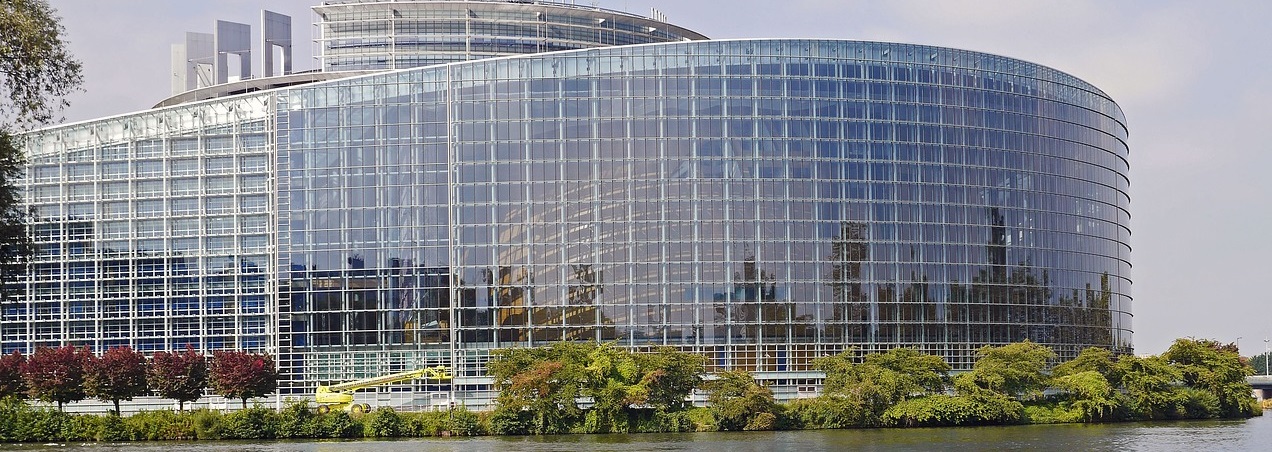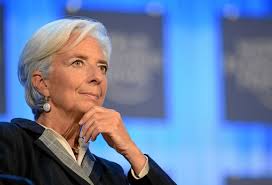The FSB published its fourth annual report on the implementation and effects of the G20 financial regulatory reforms. Ten years after the crisis, the report highlights the progress made in the reform agenda as the FSB pivots towards implementation and rigorous evaluation. Looking ahead, the report highlights some challenges in promoting a financial system that supports the G20’s objective of strong, sustainable and balanced growth, while preserving open and integrated markets and adapting to rapid technological change.
Continue reading…
Gone are the days when organisations could simply promise a speak up culture. Today, fostering a culture of trust, integrity, and a positive work environment…
Download whitepaper











